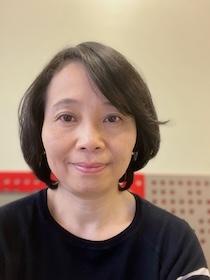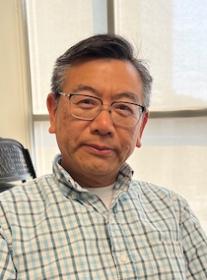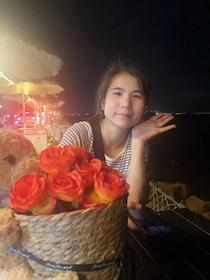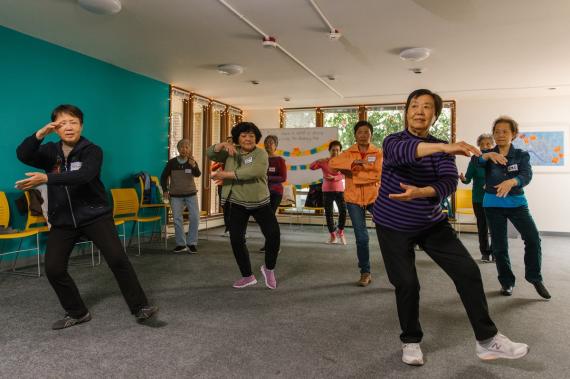Every Monday afternoon at the Memory Hub, the sound of jubilant singing in the Mandarin Chinese language reverberates through the halls. A group of local community members are taking part in the Chinese Healthy Aging program, offered by Kin On Health Care Center on-site at the Memory Hub. The program includes culturally significant activities beloved among Asian elders, such as Tai Chi, karaoke, and mahjong.
As of March 2025, Kin On Health Care Center is an on-site collaborator at the Memory Hub. The Kin On team has officially joined 5 other mission-aligned organizations offering their own resources and programs at the Memory Hub, including the UW Memory and Brain Wellness Center, the Frye Art Museum, the Alzheimer’s Association, Elderwise, and Full Life Care.
“We’re thrilled to officially welcome Kin On to the team,” says Memory Hub Director Marigrace Becker. “Kin On is well known for the culturally sensitive services they provide to Asian elders and their families, and we couldn’t be more grateful for the bridge Kin On provides to our Chinese-speaking neighbors and community.”

Faye Chien, Director of Community Wellness and Social Services at Kin On

Michael Woo, Social Worker at Kin On

Yiting Tan, Social Service Specialist at Kin On
“T'ai chi ch'üan” is a centuries-old martial art that started in China and has gained popularity in the West over the last 30 years. Because of its slow and low-impact approach to mind-body connection, Tai Chi is accessible for older individuals.
“Tai Chi is good for improving balance and leg strength, so it is useful for fall prevention,” says Faye Chien, Director of Community Wellness and Social Services at Kin On Health Care Center. She also emphasizes that Tai Chi and karaoke encourage social connection and engage memory and coordination skills.
Gail Li, PhD, Associate Professor in the UW Department of Psychiatry and Behavioral Sciences, has a research interest in Tai Chi and healthy aging. “The best evidence for Tai Chi and healthy aging is around improving balance and frailty and reducing anxiety and depression,” she says. “If you feel better, you move more, and your circulation is better.” Li and her colleagues are currently investigating whether practicing Tai Chi improves sleep, as well as the brain’s ability to clear out Alzheimer’s disease-related proteins during deep sleep.

Healthy Aging Program at the Memory Hub (UW Medicine)
For the Chinese Healthy Aging Program participants, the benefits of the Kin On programming at the Memory Hub go beyond these health benefits from moving and singing together. The group has found a new sense of belonging within a local community gathering place.
For many of the participating Asian elders, the Memory Hub is within walking distance from their residences. “I always like to see this community thrive in place,” says Chien. “There is so much possibility here. Chien shared that the Memory Hub provides the rare chance for these seniors to connect with members outside of their language community.
Because the Healthy Aging Program runs at the same time as the Elderwise Adult Day program at the Memory Hub, the two groups have enjoyed a cultural exchange – one group learned how to sing You are My Sunshine in English, and the other group learned Tian Mi Mi in Chinese – then they came together to sing both songs. Through experiences like this at the Memory Hub, Chien says that the Asian seniors are gaining more empathy towards the experiences of people living with memory loss and dementia.
Such familiarity and trust could open doors to important support and resources. “They would come to the Memory Hub if they became concerned about memory loss,” says Chien. “We don’t have many aging or dementia resources in the community.”
For Kin On, holding the Healthy Aging Program at the Memory Hub has been a big highlight of the past year. “We feel honored to be part of the Memory Hub, says Chien. “We want to continue to grow the Healthy Aging Program, and we can learn so much from each other.” •
Genevieve Wanucha





